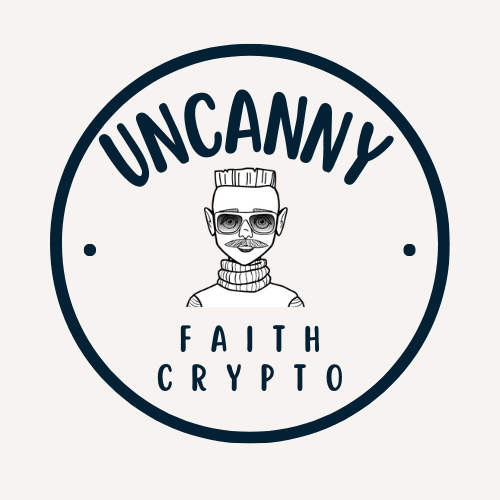Former Silk Road Founder Ross Ulbricht to Be Released from Prison on January 30th
After more than a decade behind bars, Ross Ulbricht, the creator of the infamous Silk Road dark web marketplace, is set to be released from prison on January 30th. This decision follows a promise made by former President Donald Trump during his campaign, marking an important milestone in the ongoing discussions surrounding digital crime and justice.
From Trump’s Promise to Reality: The Release of Ross Ulbricht
Ross Ulbricht, the founder of Silk Road, a once-prominent and controversial online drug marketplace operating on the dark web, has spent the last 11 years in prison. Known for utilizing Bitcoin to enable anonymous transactions, his platform became a hub for illicit trade, including drugs, counterfeit documents, and more.
Ulbricht’s release is the culmination of years of lobbying by supporters who criticized his life sentence as overly harsh compared to other similar cases. During his campaign, former President Trump vowed to commute Ulbricht’s life sentence, a promise that has now been fulfilled shortly after his recent return to office.
Ulbricht, who was convicted in 2015 of seven charges, including computer hacking, money laundering, and drug trafficking, received a life sentence without parole. However, critics of his punishment argued that the sentence was disproportionate, emphasizing that he never personally dealt in drugs but merely provided the digital space for transactions.
A Grassroots Movement: The Campaign for Ulbricht’s Release
Over the years, Ross Ulbricht’s case garnered widespread attention, particularly from libertarians and cryptocurrency advocates. His mother, Lyn Ulbricht, became the face of the "Free Ross" movement, mobilizing over 600,000 signatures in a petition demanding his release.
For Ulbricht’s supporters, his case has always symbolized excessive punishment and a broader critique of the justice system’s approach to emerging digital technologies.
Silk Road: A Digital Revolution or a Criminal Enterprise?
Launched in 2011, Silk Road became the first dark web marketplace to leverage Bitcoin, allowing users to anonymously engage in transactions. The platform operated on principles of anonymity and an “anarcho-capitalist” ideology, which its founder argued sought to eliminate violence often associated with the traditional drug trade.
For over two years, it served as a major hub for illegal activities, including drug sales and money laundering services. Operating under the pseudonym “Dread Pirate Roberts,” Ulbricht envisioned Silk Road as a space free from government control, where so-called “victimless crimes” could exist.
The government, however, viewed it differently. Prosecutors alleged that Ulbricht also used the platform to commission murder-for-hire plots to protect Silk Road, though no charges of murder were ever filed in court. For some, Ulbricht was a visionary attempting to disrupt the traditional drug industry; for others, he was a criminal responsible for contributing to overdoses and deaths.
Mixed Reactions to the News
Ulbricht’s upcoming release has sparked divided opinions. Libertarians and cryptocurrency supporters view it as a win for justice, celebrating what they see as an acknowledgment of an overly harsh sentence. On the other hand, families of overdose victims believe the decision sets a dangerous precedent, claiming it undermines accountability for the consequences of Ulbricht’s actions.
In a heartfelt message shared through his wife on social media, Ulbricht expressed gratitude for his second chance:
“After more than 11 years of darkness, I can finally see the light of freedom at the end of the tunnel. Thank you, President Trump, for this second chance.”
What’s Next for Ross Ulbricht?
The release of Ross Ulbricht represents a turning point in the evolving narrative around digital crime, privacy, and the justice system’s handling of such cases. It remains to be seen how he will use this second opportunity and what role he may play in an increasingly digital and decentralized world.
For now, his story stands as a reminder of the complex intersection between emerging technologies, freedom, and the rule of law.

![[keyword]](https://www.uncannyfaith.com/wp-content/uploads/2025/01/Ross-Ulbricht-to-Be-Freed-The-End-of-an-Era-1080x651.jpg)